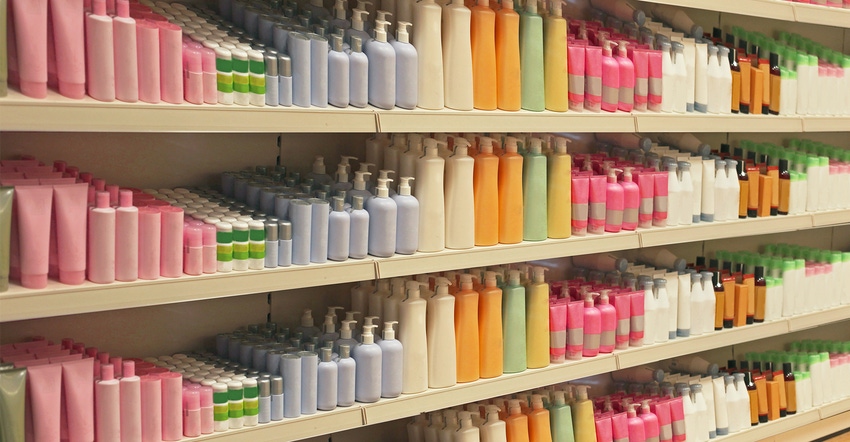5@5: UK bans microbeads | Food startup incubator Foodworks acquires Fork Food Labs
Each day at 5 p.m. we collect the five top food and supplement headlines of the day, making it easy for you to catch up on today's most important natural products industry news.
July 25, 2017

Microbeads ban: Government to outlaw microplastics in cosmetic products
Some exfoliating scrubs, shower gels and toothpaste brands in the U.K. will need to reformulate due to a new ban of the tiny plastic particles found in many of these products. The legislation is expected to be introduced later this year. Initially, the ban will not include “leave on” products such as makeup and sunscreen. Read more at The Independent...
Fork Food Lab acquired by New York-based Foodworks
New York City-based Foodworks has acquired Fork Food lab, another food-focused incubator. The deal will open up opportunities for the Portland, Maine incubator member companies by expanding distribution into the New York market, as well as leverage supplier discounts that are available to current Foodworks producers. Read more at Tech.Co...
Why you should be eating coffee
The repurposing of coffee’s cherries is reducing food waste and creating jobs in Nicaragua, and shaking up the coffee economy. Former head of engineering at Starbucks Dan Belliveau created Coffee Flour, a “new global impact food,” which takes the focus off the bean and puts it onto the nutritious, neglected fruit. Read more at The Independent...
Small company, mighty mission: City Girl Coffee aims to source solely from female farmers
Inspired by a story of a female Columbian coffee farmer who was denied bank loans after her husband died, Alyza Bohbot founded City Girl Coffee. The mission-based brand strives to only source from women-owned and managed farms. Read more at Forbes...
What’s in a T-shirt? Industry Standard’s Nicole Najafi talks organic cotton, honest prices, and keeping it simple
Denim brand Industry Standard has ventured into the T-shirt market despite market saturation. Nicole Najafi’s direct to consumer business sources organic cotton produced in a Los Angeles sustainable factory, disrupting public perception of industry pricing for basic clothing. Read more at Vogue...
You May Also Like


